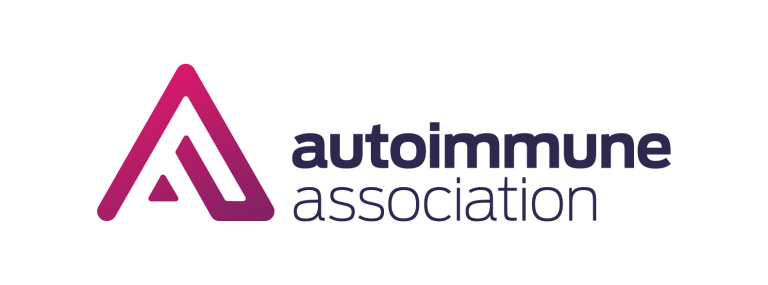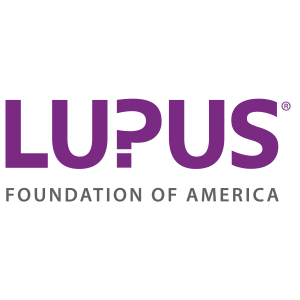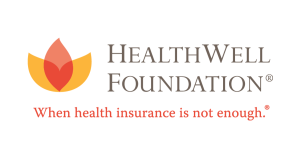Triage Health is proud to collaborate with organizations serving individuals diagnosed with chronic or serious medical conditions. This blog post is from our organizational partner, the Autoimmune Association.
Autoimmune diseases are among the most complex and growing health challenges today, and they are on the rise. There are more than 100 known autoimmune diseases and more than 50 million Americans are living with one or more of these conditions—from well-known ones like Type 1 diabetes, multiple sclerosis, celiac disease, and rheumatoid arthritis to rarer conditions like Behcet’s disease and mixed connective tissue disease (MCTD).
What Are Autoimmune Diseases?
An autoimmune disease occurs when the immune system, which normally protects the body from harmful viruses, bacteria, toxins, and more, mistakenly attacks its own tissues. This can affect any part of the body and cause a wide range of symptoms, from pain and fatigue to organ damage. Because symptoms vary widely and can mimic other conditions, autoimmune diseases are difficult to diagnose.
Women are disproportionately affected: 80% of people with autoimmune disease are female. Researchers are exploring several possible explanations, including hormonal influences, environmental exposures, and even the role of the X chromosome. A molecule called Xist, which helps deactivate one of the two X chromosomes in females, is being studied for its potential connection to autoimmune activity.
Autoimmune diseases also tend to run in families, although relatives may not develop the same condition. This suggests a shared genetic component influenced by environmental triggers.
A Global Increase in Autoimmune Disease
What’s most alarming is that autoimmune diseases are increasing rapidly. Around the world, diagnoses are rising by an estimated 3% to 12% each year.
In the United States, research has shown that one key biomarker of autoimmunity—antinuclear antibodies (ANA)—increased by nearly 50% in less than three decades. Among teenagers, the increase was even more staggering: a nearly 300% rise in ANA prevalence from 1988 to 2012.
What’s Causing the Rise?
The causes of autoimmune disease are still not fully understood, but scientists believe they result from a combination of genetic predisposition and environmental and lifestyle triggers. These may include:
- Changes in diet and the increase of ultra-processed foods
- Increases in obesity, sleep deprivation, and chronic stress
- Greater exposure to toxins, pollution, and chemicals
- Viral and bacterial infections
- Disruption of the gut microbiome.
We cannot yet say these factors directly cause autoimmunity, but research increasingly shows that autoimmune diseases are more likely to appear where these changes are most profound.
The Need for Research
Currently, there is no cure for any autoimmune disease. Treatments typically focus on managing symptoms. In some cases, medications suppress the immune system, but this can leave patients susceptible to infections.
The National Academies of Sciences, Engineering, and Medicine identified opportunities and options for enhancing autoimmune disease research at the National Institutes of Health (NIH), including:
- Uncover the underlying causes of autoimmune diseases
- Identify new biomarkers for earlier and more accurate diagnosis
- Develop targeted, effective therapies with fewer side effects
- Explore potential strategies for prevention and even a cure.
Breakthroughs in genetics, immunology, and technology hold promise, but progress is hampered by a lack of investment. Autoimmune research receives significantly fewer dollars per patient than other major disease categories.
Why Awareness Matters
Raising awareness is not just about educating the public; it’s about changing outcomes.
On average, it takes a patient 4.5 years and visits to four different healthcare providers before receiving an autoimmune diagnosis. During this time, symptoms often worsen and may lead to irreversible damage.
Greater awareness among patients and healthcare professionals can lead to earlier diagnosis, faster treatment, and improved quality of life. It also creates understanding, reduces stigma, and builds a supportive community.
When we talk about autoimmune diseases, we break the silence that often surrounds chronic, invisible illnesses. We create space for patients to be heard, validated, and empowered.
Advocacy and Community Support
Alongside research and awareness, advocacy is essential to improving outcomes. It helps shape public policy, secure funding, and ensure patients have access to the care and medications they need.
The autoimmune community—including patients, caregivers, researchers, healthcare professionals, and advocacy organizations—must come together to:
- Push for greater federal and state research funding
- Promote education and training for healthcare providers
- Increase access to care, including for underserved populations
- Ensure equity in research.
A Call to Action
Autoimmune diseases are not going away. In fact, the opposite is true—they are increasing at an alarming rate, affecting younger populations, overwhelming healthcare systems, and drastically changing lives.
But by working together, we can change this trajectory.
At the Autoimmune Association, we’re committed to raising awareness, promoting research, providing education, and driving the policy changes needed to improve outcomes for people living with autoimmune diseases.
With increased visibility, stronger advocacy, and bold investments in research, we can turn the tide. We can bring hope to millions of people who deserve faster diagnoses, more effective treatments, and, ultimately, a cure.







